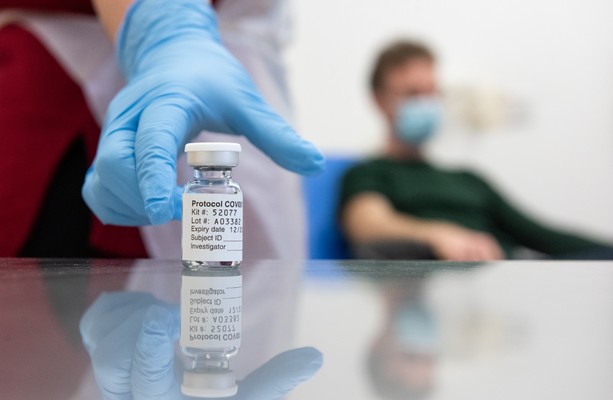Paul O Mahoney
Registered User
- Messages
- 1,844
Like everything thing else with this virus " who knows " Personally finding a vein to get anything takes hours, I usually break out in something after the flu vaccine.That seems a higher number than get similar responses to the flu vaccine... and perhaps the symptoms are more severe also.
I think it will have to be factored in, especially rollout to frontline staff, that you may have to writeoff the next 48 hours rather than just carry on as normal.
It will interesting to see what happens but a least the UK have approved the Pfizer Biontech vaccine and data will be available.
